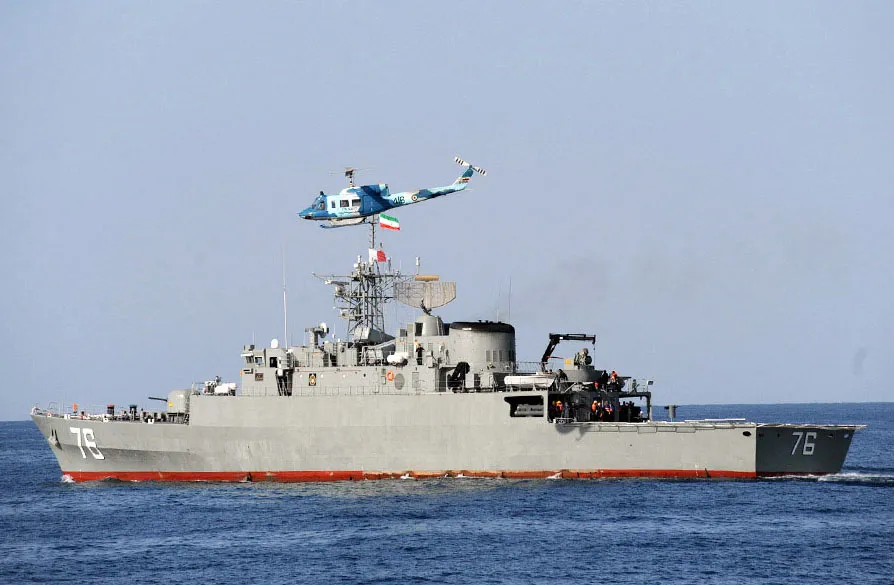On Oct. 18, the National Nuclear Security Agency, the organization within the Department of Energy responsible for building nuclear warheads, announced that it had conducted a subsurface chemical explosion at the Nevada National Security Site (NNSS) to improve the United States’ ability to detect low-yield nuclear explosions around the world. “These experiments advance our efforts to develop new technology in support of U.S. nuclear nonproliferation goals,” the DOE press release quoted Corey Hinderstein, NNSA’s Deputy Administrator for Defense Nuclear Nonproliferation, as saying. “They will help reduce global nuclear threats by improving the detection of underground nuclear explosive tests.” The release further reports that the experiment will help validate new predictive explosion models and detection algorithms. Measurements were collected using accelerometers, seismometers, infrasound sensors, electromagnetic sensors, chemical and radiotracer samplers, and meteorological sensors.
The Russians are awaiting verification that the test was what the DOE said it was. “If this information is true (it is presently being verified), this does not involve a nuclear weapon testing and this blast does not contradict either the U.S. moratorium on nuclear tests or the provisions of the Comprehensive Nuclear-Test-Ban Treaty that has not come into force,” Russian Deputy Foreign Minister Sergei Ryabkov said in a commentary posted on the Foreign Ministry’s website, reported TASS. “We keep monitoring the situation and want to mention what Russian President Vladimir Putin said in his address to the Federal Assembly of the Russian Federation on February 21, 2023: ‘Naturally, we will not be the first to do it, but if the United States conducts a nuclear test, we will also carry it out,’” he added.
The DOE announcement came the same day that the Russian State Duma passed legislation withdrawing Russia’s ratification of the Comprehensive Test Ban Treaty (CTBT). “Our position is very clear. Now the de jure situation is equalized. Now both the U.S. and Russia are signatories to the treaty, but it has not been ratified by either country. So we are monitoring [the situation] very closely,” Kremlin spokesman Dmitry Peskov said when asked yesterday about the Nevada test.



